Baskı Detayları
| Yazar Fancies Versus Fads: Large Print |
G. K. Chesterton |
|---|
G. K. Chesterton
XML tabanlı FB2 Rusya'da yaşama başladı. E-kitap koleksiyoncuları arasında, meta verileri indirme dosyasında Fancies Versus Fads: Large Print saklayabildiği için yaygındır. Ayrıca, diğer biçimlere dönüştürme kolaylığı nedeniyle yaygın olarak bir depolama biçimi olarak kullanılır. FB2, Fancies Versus Fads: Large Print tarafından Fancies Versus Fads: Large Print adlı kitabın her bir öğesini tanımlayan ve öncelikle kurguya yönelik XML içerir. FB2 dosyaları Windows, macOS ve Linux için çeşitli e-kitap okuyucuları tarafından görüntülenebilir. FB2 dosya biçimi kitabın görünümü yerine yapısını tanımlar. Bu, diğer biçimlere dönüştürme ve ücretsiz Fancies Versus Fads: Large Print indirme için kullanışlı hale getirir. Biçim, basit anlamsal işaretleme, meta verileri gömme, Unicode ve yerleşik biçimlendirme ile ayırt edilir. Bu biçim, tüm cihazlarla ve biçimlerle uyumluluk sağlamak üzere tasarlanmıştır. FB2'nin özelliği, fb2'nin donanıma bağlı olmaması ve herhangi bir kağıt boyutuna sahip olmamasıdır, FB2'de herhangi bir yerde hiçbir ölçü birimi belirtilmez - piksel, nokta veya boyut. Fancies Versus Fads: Large Print G. K. Chesterton .Fb2 dosyasından alınan metnin nasıl görüneceği, bu biçimin görüntüleme programının ayarlarına veya dosyayı başka bir biçime dönüştürürken belirtilen parametrelere bağlıdır. Bu formatın dezavantajı, ders kitapları, referans kitaplar ve bilimsel yayınlar için anlamlılık eksikliğidir (hatta “sanat kitabı” adı bundan söz eder). Biçimdeki metnin karmaşık bir düzeni, numaralı ve madde işaretli listeler ve diğer özel araçlar için destek yoktur. Tanınmış e-kitapların birçoğu FB2'yi yalnızca harici yazılım aracılığıyla destekler; PocketBook ve ABC gibi Sovyet sonrası ülkelerden gelen gelişmeler başlangıçta FB2'yi okuyor.
Milton prefaced “Paradise Lost” with a ponderous condemnation of rhyme. And perhaps the finest and even the most familiar line in the whole of “Paradise Lost” is really a glorification of rhyme. “Seasons return, but not to me return,” is not only an echo that has all the ring of rhyme in its form, but it happens to contain nearly all the philosophy of rhyme in its spirit. The wonderful word “return” has, not only in its sound but in its sense, a hint of the whole secret of song. It is not merely that its very form is a fine example of a certain quality in English, somewhat similar to that which Mrs. Meynell admirably analysed in one of her last beautiful essays, in the case of words like “unforgiven.” It is that it describes poetry itself, not only in a mechanical but a moral sense. Song is not only a recurrence, it is a return. It does not merely, like the child in the nursery, take pleasure in seeing the wheels go round. It also wishes to go back as well as round; to go back to the nursery where such pleasures are found. Or to vary the metaphor slightly, it does not merely rejoice in the rotation of a wheel on the road, as if it were a fixed wheel in the air. It is not only the wheel but the wagon that is returning. That labouring caravan is always travelling towards some camping-ground that it has lost and cannot find again. No lover of poetry needs to be told that all poems are full of that noise of returning wheels; and none more than the poems of Milton himself. The whole truth is obvious, not merely in the poem, but even in the two words of the title. All poems might be bound in one book under the title of “Paradise Lost.” And the only object of writing “Paradise Lost” is to turn it, if only by a magic and momentary illusion, into “Paradise Regained.” It is in this deeper significance of return that we must seek for the peculiar power in the recurrence we call rhyme. It would be easy enough to reply to Milton’s strictures on rhyme in the spirit of a sensible if superficial liberality by saying that it takes all sorts to make a world, and especially the world of the poets. It is evident enough that Milton might have been right to dispense with rhyme without being right to despise it. It is obvious that the peculiar dignity of his religious epic would have been weakened if it had been a rhymed epic, beginning:—Of man’s first disobedience and the fruitOf that forbidden tree whose mortal root. But it is equally obvious that Milton himself would not have tripped on the light fantastic toe with quite so much charm and cheerfulness in the lines:—But come thou Goddess fair and freeIn heaven yclept Euphrosyne if the goddess had been yclept something else, as, for the sake of argument, Syrinx. Milton in his more reasonable moods would have allowed rhyme in theory a place in all poetry, as he allowed it in practice in his own poetry. But he would certainly have said at this time, and possibly at all times, that he allowed it an inferior place, or at least a secondary place. But is its place secondary; and is it in any sense inferior? The romance of rhyme does not consist merely in the pleasure of a jingle, though this is a pleasure of which no man should be ashamed. Certainly most men take pleasure in it, whether or not they are ashamed of it.
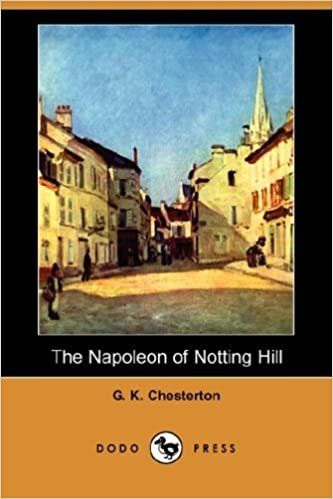 The Napoleon of Notting Hill (Dodo Press)
Edebi Kurgu
The Napoleon of Notting Hill (Dodo Press)
Edebi Kurgu
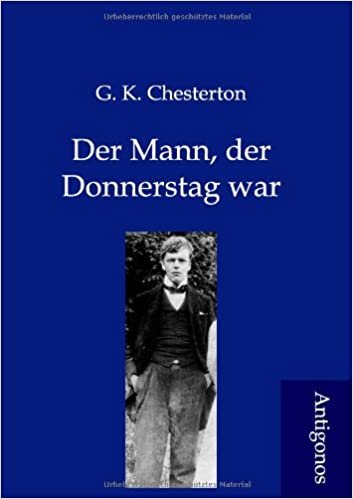 Der Mann, der Donnerstag war
Edebi Kurgu
Der Mann, der Donnerstag war
Edebi Kurgu
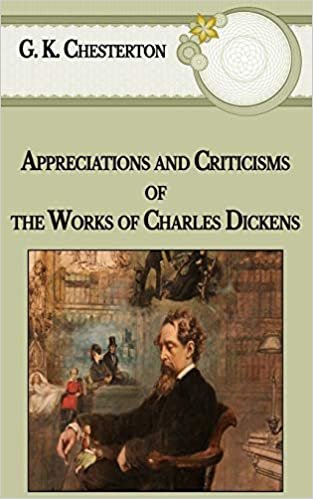 Appreciations and Criticisms of the Works of Charles ens
Edebi Kurgu
Appreciations and Criticisms of the Works of Charles ens
Edebi Kurgu
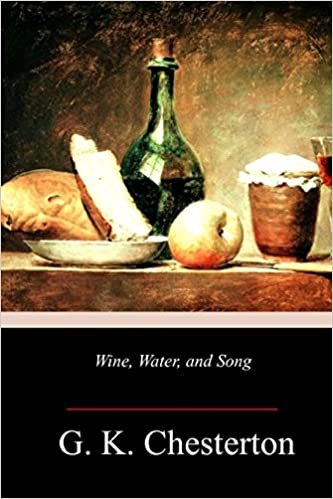 Wine, Water, and Song
Edebi Kurgu
Wine, Water, and Song
Edebi Kurgu
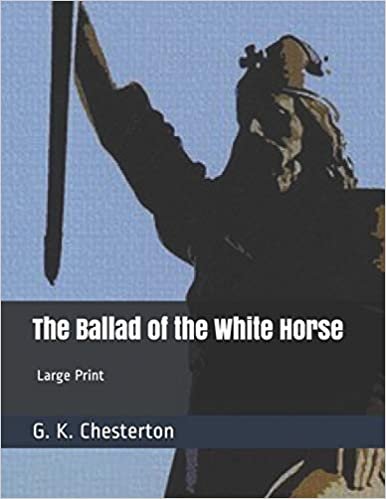 The Ballad of the White Horse: Large Print
Edebi Kurgu
The Ballad of the White Horse: Large Print
Edebi Kurgu
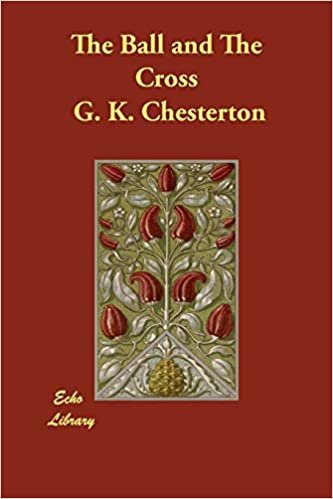 The Ball and The Cross
Edebi Kurgu
The Ball and The Cross
Edebi Kurgu
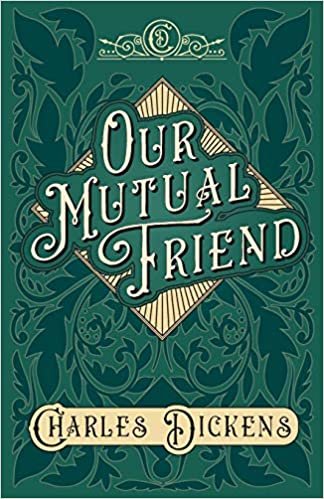 Our Mutual Friend: With Appreciations and Criticisms By G. K. Chesterton
Edebi Kurgu
Our Mutual Friend: With Appreciations and Criticisms By G. K. Chesterton
Edebi Kurgu
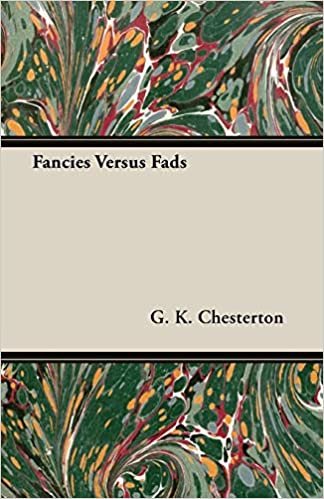 Fancies Versus Fads
Edebi Kurgu
Fancies Versus Fads
Edebi Kurgu
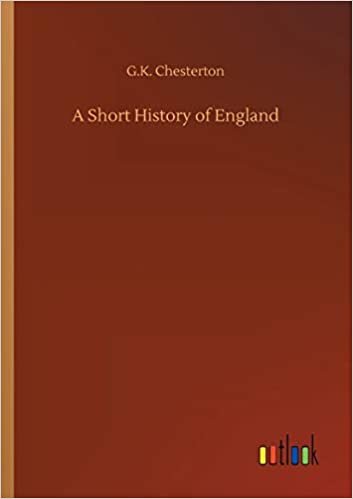 A Short History of England
Edebi Kurgu
A Short History of England
Edebi Kurgu
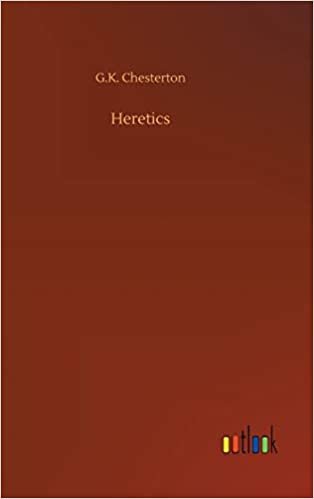 Heretics
Edebi Kurgu
Heretics
Edebi Kurgu
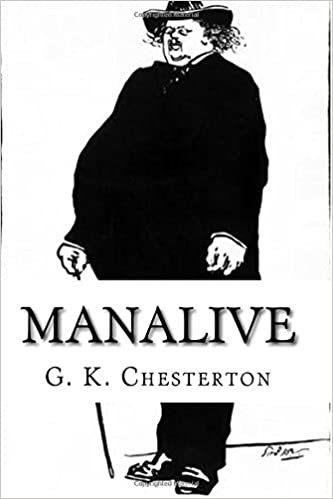 Manalive
Edebi Kurgu
Manalive
Edebi Kurgu
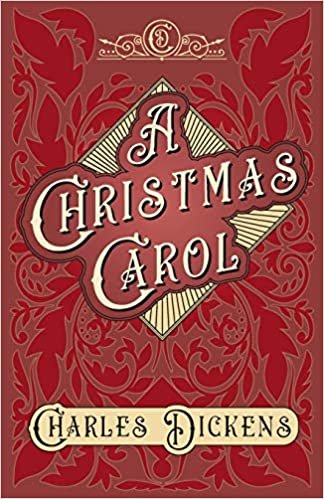 A Christmas Carol: With Appreciations and Criticisms By G. K. Chesterton
Edebi Kurgu
A Christmas Carol: With Appreciations and Criticisms By G. K. Chesterton
Edebi Kurgu
Istanbul-Okuyucu, veya dalları. Tüm hakları saklıdır.